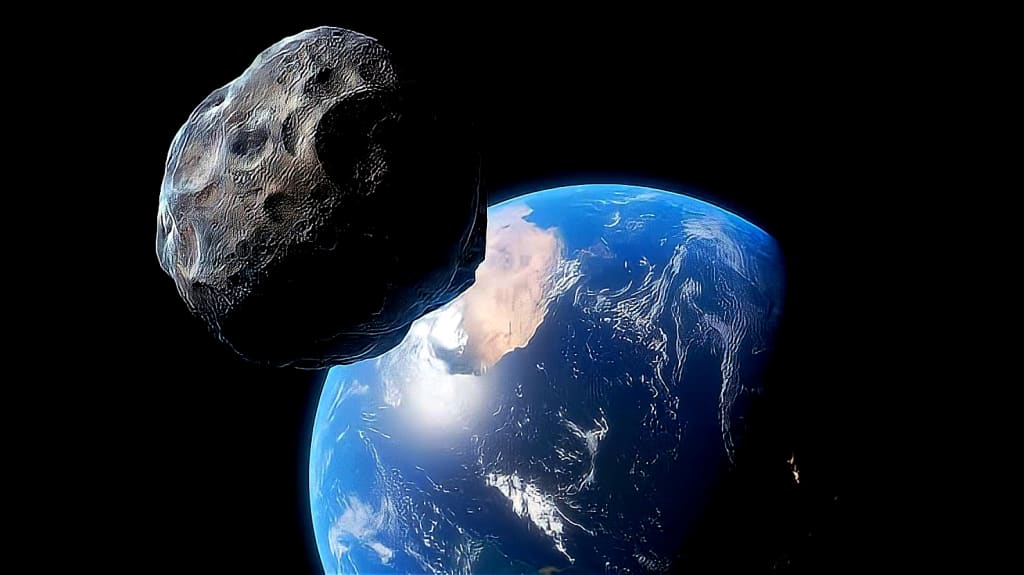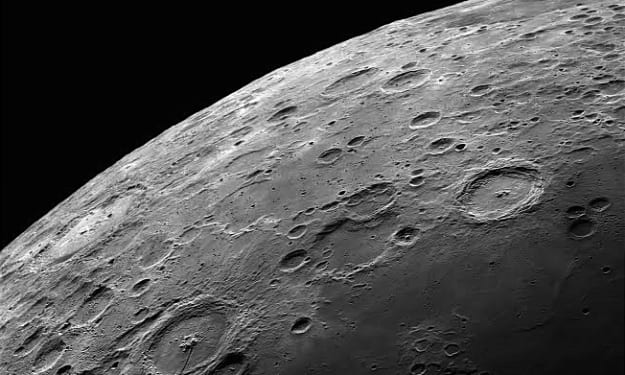Apollo Asteroids
Potential Impact and Mitigation Strategies

Introduction to Apollo Asteroids:
Apollo asteroids are a type of near-Earth asteroid (NEA) that crosses the Earth's orbit. They are named after the first asteroid of this type to be discovered, 1862 Apollo.
These asteroids have a semi-major axis greater than 1 AU but come close to Earth's orbit, making them potentially hazardous to our planet.
The Apollo asteroids are part of a larger group of NEAs known as the Atens, Amors, and Apollos, which together are called the Earth-crossing asteroids.
The Apollo asteroids have been studied extensively by astronomers due to their potential hazard to Earth. In this blog, we will discuss the potential impact of Apollo asteroids and the mitigation strategies that have been developed to prevent them from colliding with Earth.
Potential Impact of Apollo Asteroids:
The impact of an Apollo asteroid with Earth could have catastrophic consequences. The impact of a large asteroid could lead to the extinction of numerous species, just as it did 66 million years ago when a large asteroid struck the Yucatan Peninsula, resulting in the extinction of the dinosaurs.
Even smaller Apollo asteroids can cause significant damage. In 2013, a small asteroid exploded over Chelyabinsk, Russia, causing over 1,500 injuries and millions of dollars in damage. This event highlights the potential impact of even small asteroids and the need for mitigation strategies to prevent future impacts.
Mitigation Strategies for Apollo Asteroids:
To mitigate the potential impact of Apollo asteroids, scientists and engineers have developed various strategies. Some of the most promising strategies include:
Asteroid Deflection: The most effective way to prevent an asteroid impact is to deflect the asteroid away from Earth's orbit. This can be done using various methods such as gravity tractors, kinetic impactors, or nuclear explosions.
Gravity tractors work by using the gravitational pull of a spacecraft to slowly alter the asteroid's trajectory. Kinetic impactors involve slamming a spacecraft into the asteroid at high speed to alter its trajectory. Nuclear explosions can also be used to deflect asteroids, but this strategy is controversial and has not yet been tested.
Asteroid Disruption: Another way to mitigate the impact of an asteroid is to disrupt it into smaller pieces that will burn up in the atmosphere or land harmlessly on the Earth's surface. This can be done using kinetic impactors or nuclear explosions.
Early Warning Systems: To prevent an asteroid impact, early warning systems are critical. These systems involve telescopes and other instruments that can detect and track potentially hazardous asteroids, giving scientists time to develop and implement mitigation strategies.
Conclusion:
In conclusion, the potential impact of Apollo asteroids is a serious threat to our planet. While the likelihood of a catastrophic impact is relatively low, the potential consequences are severe. Therefore, it is important to develop and implement mitigation strategies to prevent such an event from occurring.
Asteroid deflection, asteroid disruption, and early warning systems are among the most promising strategies for preventing asteroid impacts. While much progress has been made in recent years in this area, more work needs to be done to ensure the safety of our planet.
In the future, it is likely that new technologies and strategies will be developed to better detect and prevent asteroid impacts. By continuing to invest in research and development in this area, we can better protect our planet from this potentially catastrophic threat.






Comments
There are no comments for this story
Be the first to respond and start the conversation.